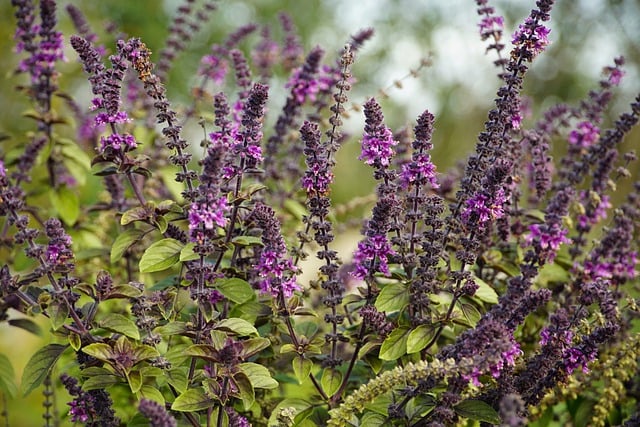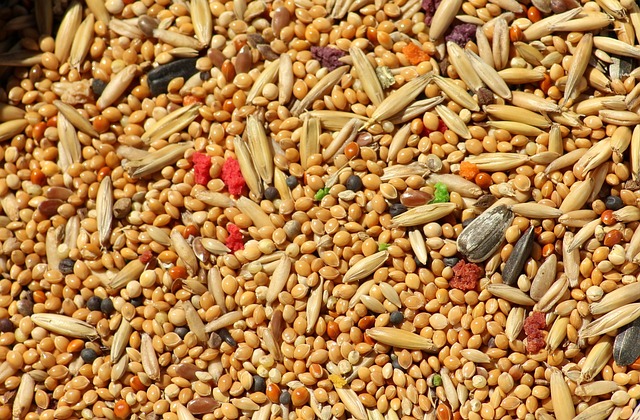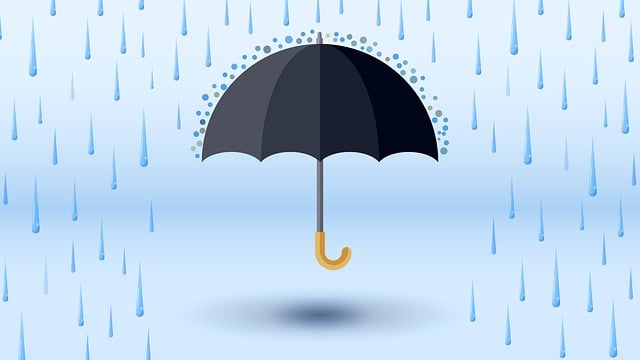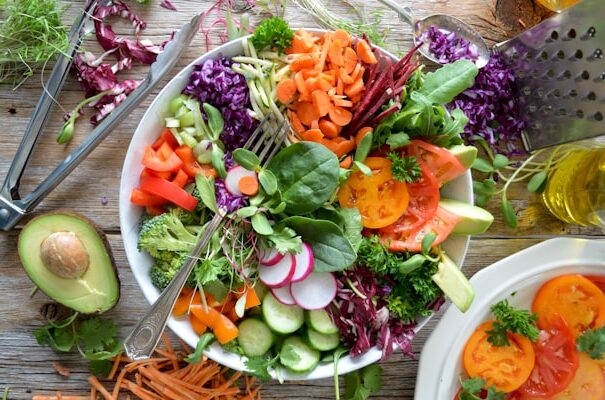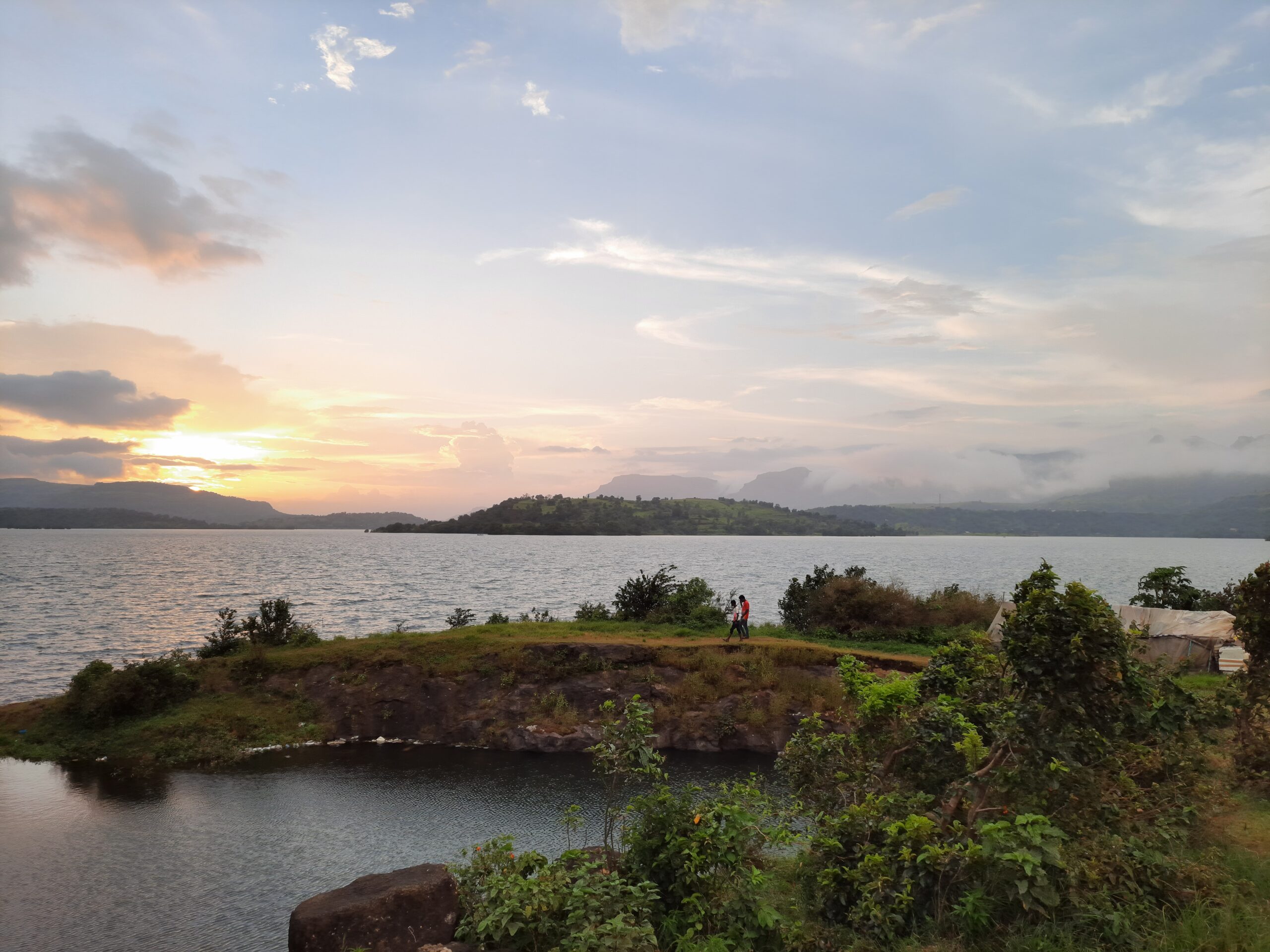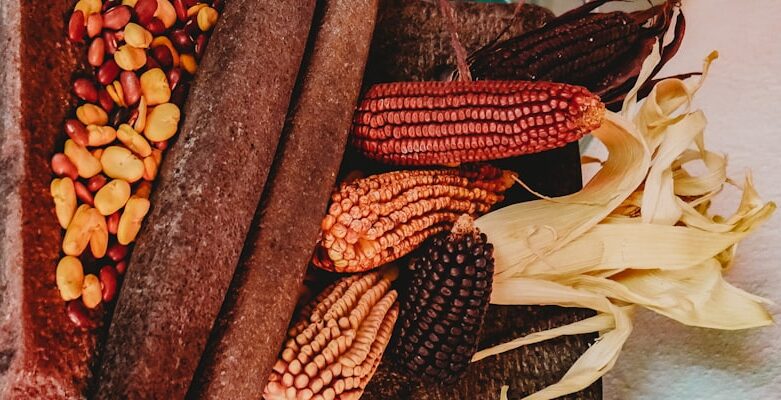Monsoon is the most cherished occurrence following a scorching, dry summer. We were all looking forward to rain, waterfalls, and short rainy-day outings with family and friends. Monsoons form when the wind changes direction due to seasonal variability in the environment.
The monsoon, without a doubt, delivers much-needed relief from the blazing heat. We are unable to stop ourselves from floating in streams, dancing in the rain, and eating vegetables and fruits while on the move. It’s crucial to recognize that it’s not only about having fun. But the monsoon itself brings an array of minor and serious ailments, including viruses and other forms of infection. Monsoons are a beautiful natural phenomenon, but they may also be harmful to human health. That’s correct, many of us become ill around this time.
In the monsoon period, common ailments such as colds, coughs, viral fever, and illnesses transmitted by water such as dengue and malaria become more prominent.
This season also has an impact on the human immune system and gut flora. If you do not take precautions, these illnesses can have a serious influence on your immune system. Therefore, it is essential to take care of ourselves during the rainy months.
Here are some ideas for dealing with health, dietary, and environmental changes during the monsoon season
Keep the following points in mind:
Drink Boiled Water: Always consume clean and safe drinking water throughout the rainy season. Multiple illnesses may develop during the rainy season as a result of contamination of the water. Boiling water at home can be an effective technique to combat such infections.
Take an umbrella and raincoats: Maintaining oneself dry, fresh, and clean is the most effective strategy to avoid infections like colds, coughs, flu, and fever. So, if you go out, try to bring an umbrella or a rain suit, or both, when necessary, during the time when it’s raining.
Stay away from stagnant water: Rain water that remains stagnant might cause serious infections. Stagnant water provides a habitat for reproduction for mosquitoes and other microorganisms.
Try to dispose of the water in any unused tanks, water coolers, refrigerators, flower pots, or other raw materials that can gather water. Maintaining areas with clean and dry water will give you numerous advantages.
Boost your immunity: Vitamin C is crucial for developing immunity. Consume vitamin C-rich vegetables and fruits in your meals. You might include fruits like oranges and amla in your diet. Vegetables such as carrots, broccoli, and potatoes can be consumed on a regular basis. Fruits and vegetables must be thoroughly cleaned to avoid the spread of germs and bacteria during the period of rainfall. You can also eat prebiotic-rich food, which keeps the gut flora clean.
Do exercise regularly : Most of the time, owing to the weather, we are not prepared to leave the house and disregard GYM workout. However, regular exercise is essential to staying healthy during any season. If you are unable to attend a fitness Centre, consider working out at home. Aerobic exercise, yoga, Zumba, brisk walking, and jumping rope are simple exercises to undertake at home. Don’t forget that regular exercise and healthy food boost your immunity.
Maintain proper personal hygiene: On rainy days, you must exercise good personal hygiene. Because illnesses travel so quickly these days, it is critical to keep yourself dry and clean. Avoid repeatedly touching your nose and mouth. After you go home, wash your hands with soap or a decent sanitizer. Wear dry, heated ironing cloths.
What to eat during Monsoon
- Eat a well-balanced and easy-to-digest diet: Food digestion slows down on rainy days owing to environmental changes. Don’t overlook your meal plate. Indigestion, gas, or abdominal pain might happen as a result of improper or excessive eating. Consume a balanced diet. You can consume several cereal- or dal-based meals. Rice, moong dal, garlic, cumin seed, fennel, and asafetida are all must-haves in your diet.
- Eat roti made from cereals instead of wheat: cereals are easier to digest and high in nutrients. There are a variety of regional grains available based on area. You may make roti of bajra, sorghum, ragi, and rice instead of wheat, which may induce bloating and gas owing to the presence of gluten.
- Drink Indian masala tea : Indian spices are nutrient-rich and support building immunity. In India, masala tea comes in a variety of tastes and types. Black pepper, clove, cinnamon, holy basil plant leaves, and ginger all contain antioxidants. So, at least once a day, drink Indian masala tea to stay warm and avoid disease.
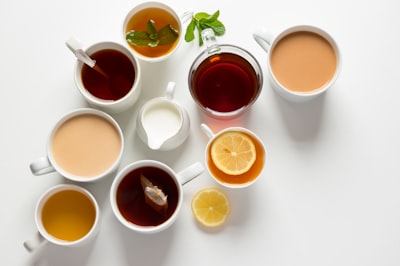
- Use turmeric in your diet: Turmeric contains antifungal, antimicrobial, and anti-inflammatory effects. Curcumin in turmeric fights illness and keeps you healthy. Turmeric may be used in soups, hot milk, and during meal preparation.
What not eat in rainy season
- Do not consume junk or street food: During the rainy season, you may find yourself craving pakora, samosa, chat, and tea from the street. But be cautious while eating such outdoor or roadside cuisine. Unsanitary conditions frequently promote the development of dangerous germs. As a result, consuming tainted food increases the likelihood of contracting a variety of ailments. Enjoy the rain with meals made at home.
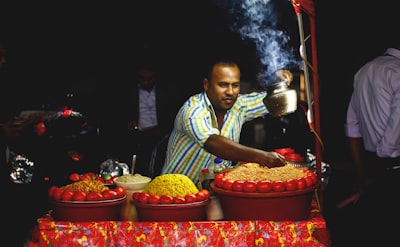
- Do not eat spicy food: During the monsoon season, you can desire hot, spicy, and crunchy foods. However, eat with caution because digestion slows down during the rainy season. Eating hot, spicy food may cause allergies and skin rashes. It can also cause inflammation and discomfort in the stomach.
- Reduce your intake of non-vegetarian foods: As previously said, digestion slows down during rainy days. Chicken, fish, eggs, and seafood are all high in protein. It takes longer for them to digest. So, reduce your intake of such foods.
- Avoid consuming too much salt: Excessive salt is harmful to the human body; therefore, limit your intake. It improves water retention. Avoid high-salt foods such as chips, pickles, chutneys, and crackers. Rather than that, Bitter-tasting veggies such as bitter gourd, nim leaves, fenugreek leaves, and seeds might help enhance your immune system.
- Have a nutritious snack: Avoid eating or drinking refrigerator stuff anytime you feel hungry. Instead, try vegetable soups, green tea, herbal tea, and Indian masala chai. I always prefer hot meals to cold ones. Make your own home-made shallow fried pakoras using sprouted moong dal, gramme flour, and other nutrient-rich pulse flours.
You may also like: Vitamin C
In Nutshell
The monsoon season is ideal for having fun and enjoying the rain. However, the greater multiplication of bacteria and other organisms increases the risk of illness and infection. To avoid catching water-borne infections, avoid using contaminated water. We might enjoy raindrops if we practice good everyday practices and maintain our personal hygiene. Vitamin-C-rich fruits and vegetables are immune boosters, so incorporate them into your regular diet with other fruits and veggies. Always try to consume fresh, homemade food. Keep yourself dry and clean. With proper preparation, we can make our monsoon experience more memorable.


